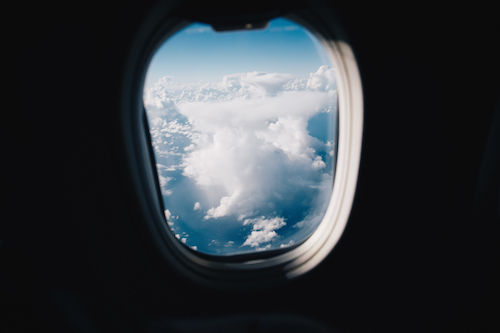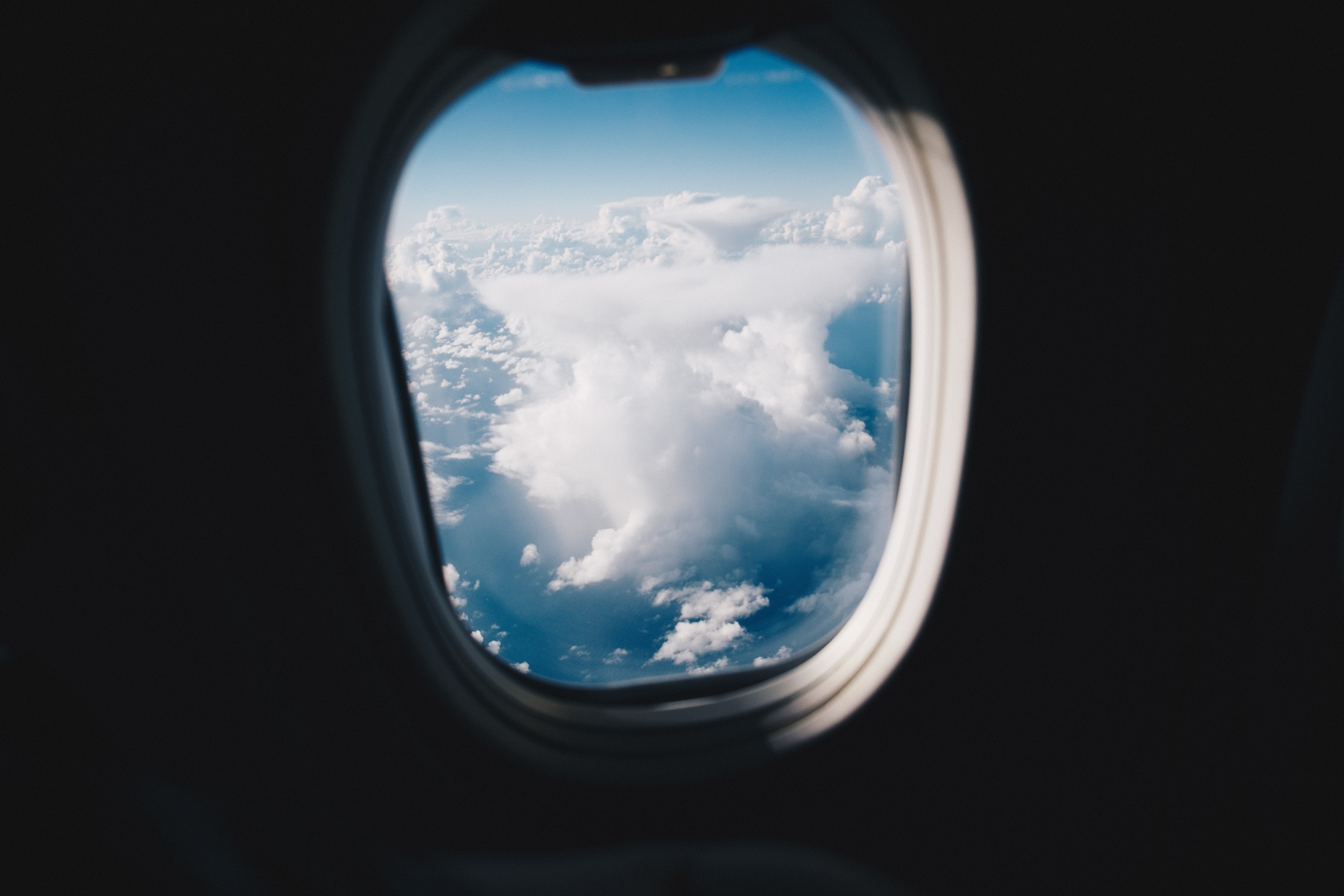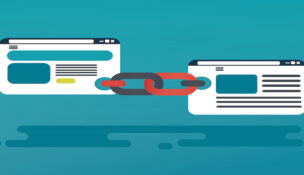

First: Do no harm
Have corporate rules led to major public debacles?
Erin Gibbs //May 8, 2017//

"We seek someone fundamentally nice. Life is too short to work with anyone else."
This is the most important line in our job postings. Even though we spell out who we are looking for, that elusive nice person can be hard to find.
By now, most everyone knows UAL Flight 3411 was oversold and passengers were solicited to give up their seats in exchange for travel vouchers. When no one volunteered to give up their seat, Dr. David Dao was randomly selected and asked to leave the plane. Despite United's oversold policy spelled out in fine print, Dao refused to deplane.
The mixed details on perspectives from Dao, the flight staff, witnesses and security continue to surface; but most agree the aired video of a man being dragged down the aisle is hard to watch.
Like airlines, medical practices are capacity-driven. Without waiting room seats filled and without a full patient schedule, expenses often outpace incomes. A full waiting room is a good waiting room. Also, it just feels good – taking care of people, being busy and running a business that allows for growth and reinvestment into the betterment of the clinic and community.
The difference between health care and other industries is that physicians take the Hippocratic Oath, stating: "First, do no harm."
Shouldn't this be a founding principle in business ethics no matter the industry or marketplace?
While medical practitioners experience financial loss and professional disappointment, it's poor form to double book appointment slots to protect from the possibility. Restaurants, hotels and airlines have the option of holding an appointment or reservation with a credit card, or else the patron buys the service upfront.
The American healthcare system is not designed that way. Instead, physicians first provide the service, then bill the patient's insurance company. If we are lucky, we get a percentage of billed charges paid as reimbursement. The patient pays a deductible or copay out-of-pocket. It is the volume of appointments that keeps the doctor’s doors open, just as keeping the seats filled on the airplane keeps the plane in flight.
When a patient sees a doctor, they expect to be treated kindly, respectfully and with laser focus on individual health issues. When you reserve a table at a restaurant, the expectation is a nice place to sit with food served. When you buy an airline ticket, you expect a seat on a plane and flight to your intended destination. As I watched the United video, I wondered: How did it escalate to a physical altercation? Why didn’t anyone stand up for Dao?
While airlines do not, of course, take the physician's Hippocratic Oath, is it possible that corporate rules and laws have erased or at least mitigated the fact that we are human beings working with other human beings? If corporate rules and the laws of capitalism and our country have lead to the United Airlines incident, then:
Could we be living by the wrong rules?
It appears from the news casts and video that Dao defied the rules. Yet the fact is that United Airlines' fine print allowed for removal of the passenger from its airplane. Many would argue that removal policies are in place for a reason and keep people safe. Others would argue that the fine print is all but hidden and that the average consumer is kept in the dark about the power of the airline to exercise the very decision they made concerning Dao.
Health care, airlines and other industries aren’t that different. There is always fine print. With medical procedures, there are risks of side effects or ineffectiveness. The human body is unique and medical treatment can produce individualized results. What works for one person may have no effect (or an ill effect) on someone else.
No matter what, medical practices always work for the, “First, do no harm” oath. In customer service and in capacity based business models, profits first can have long-standing and catastrophic results, as witnessed in the United Airlines incident.
The debacle of this deplaned passenger reinforces the "do no harm" credo and, as we try to adhere to wise hiring practices, the "hire nice people" commitment has never been more critical. There will always be profit and commerce. Perhaps the lesson in this event is remembering how to run a good business – one where no one gets hurt.



























